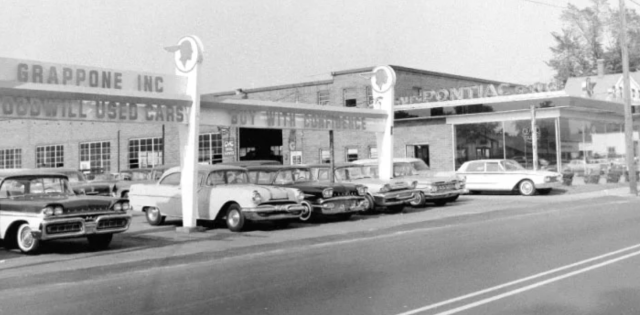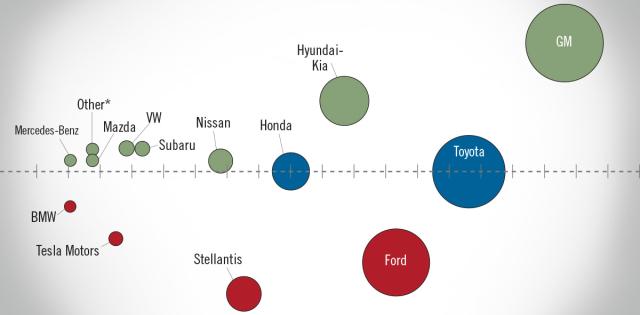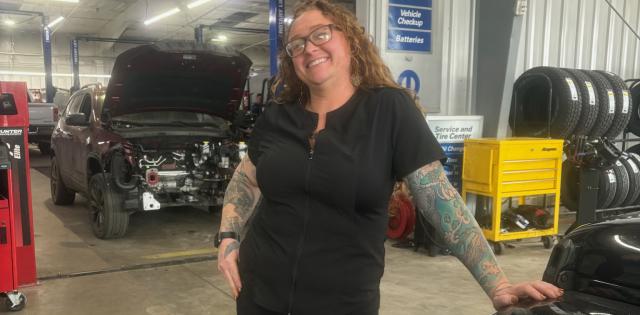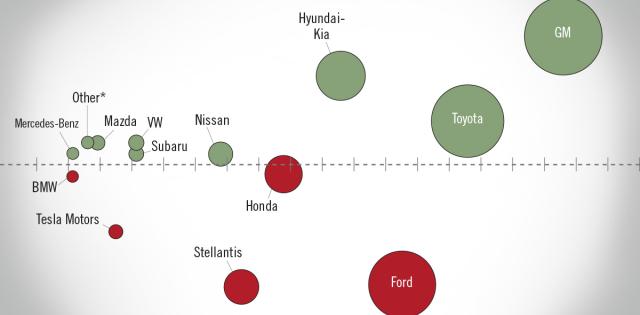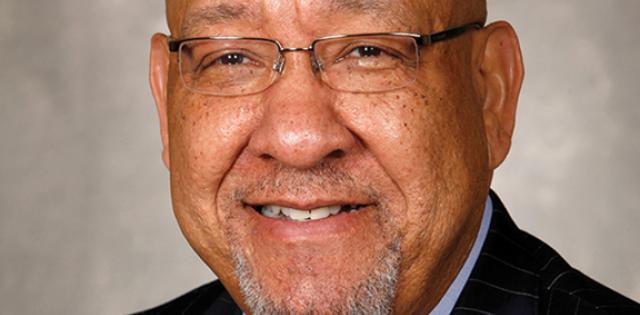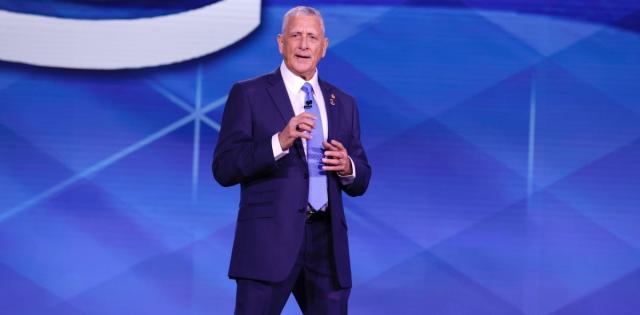Toyota executive Jack Hollis didn’t say I told you so when consumer demand for electric vehicles shifted. However, he did note the changing tunes from other manufacturers on electrification in the last 12 months.
“A year ago, all the OEMs were all in on EVs, and it’s interesting to see, a year later, how everyone is talking about bringing back hybrids,” the Executive Vice President of Sales at Toyota Motor North America said at the Automotive Forum New York.
What’s the secret strategy? It is no secret.
“It’s not that we are smarter,” Hollis said. “We always use the same strategy. Ask the dealer what the customer wants and give it to them. And the dealers had the same answer last year that they had this year: we want a mixture of options for the customer.”
Even though the EPA’s recently announced emissions regulations are more inclusive of hybrids, Hollis said the rule is still moving too quickly and does not take into consideration the evidence in the marketplace.
The regulations aren’t changing Toyota’s long-term plans though. Hollis said that changes in political priorities in Washington, including changes in presidential administrations, do not affect the Toyota and Lexus product lines, which are based on their long-term investment strategy.
This strategy comes back to the Toyota and Lexus dealers, which provide Toyota leadership with a wide view of the market. Hollis provided a few examples of the significance the brand places on dealer sentiment and feedback.
When asked if Toyota would ever consider an online sales partnership like the one Hyundai has announced with Amazon, Hollis gave a resounding no. He said, “It’s dangerous to get outside the network of the dealers.”
With rising concerns around affordability, Toyota has increased a focus around their entry level products, including the Corolla which has seen rising demand. Similarly, they are expanding their certified pre-owned vehicle programs to extend access down market.
Hollis provided a counterexample in the startups that have entered the EV market. “Every one of these startups that doesn’t go with a dealer model is putting itself on an even shorter leash that will lead to most of them not surviving.”
Long-term success comes from committing to the success of dealers. When they succeed, the brand succeeds.
“It feels really good to know that the communication we have with our dealers is accurate,” Hollis said. “If we will continue to listen to our dealers, we’ll have the right answer.”


